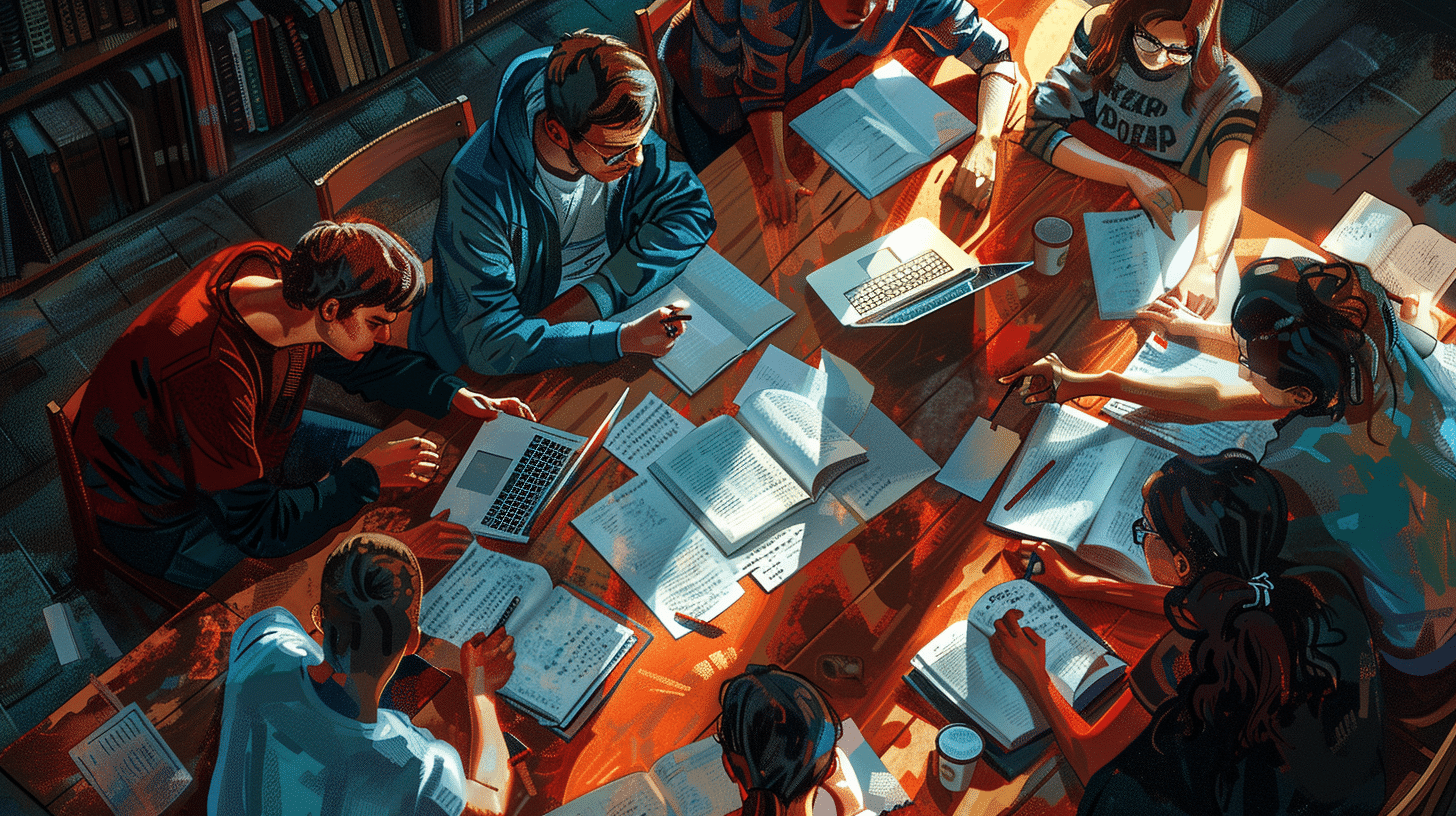Pick a language and start learning!
Agreement of adjectives in gender and number Grammar Exercises for Italian Language

Mastering the agreement of adjectives in gender and number is a crucial step in learning the Italian language. In Italian, adjectives must match the gender (masculine or feminine) and number (singular or plural) of the nouns they describe. This means that understanding the basic forms and variations of adjectives is essential for clear and accurate communication. Whether you are describing a beautiful city (una città bella) or several friendly dogs (cani amichevoli), the agreement rules ensure that your descriptions are grammatically correct and easily understood by native speakers.
Our grammar exercises are designed to help you practice and internalize these agreement rules through a variety of engaging activities. You'll encounter scenarios that require you to adjust adjectives to match the nouns they describe, reinforcing your ability to use the correct forms intuitively. By regularly working through these exercises, you'll build confidence in your ability to construct grammatically accurate sentences, enhancing both your writing and conversational skills in Italian. So, dive into the exercises and watch your proficiency grow as you master the nuances of adjective agreement in gender and number.
Exercise 1
<p>1. La ragazza è molto *bella* (femminile, singolare).</p>
<p>2. I ragazzi sono *felici* di andare in vacanza (maschile, plurale).</p>
<p>3. La casa è *grande* e spaziosa (femminile, singolare).</p>
<p>4. Gli studenti sono *intelligenti* e studiano molto (maschile, plurale).</p>
<p>5. Il cane è *amichevole* e affettuoso (maschile, singolare).</p>
<p>6. Le finestre sono *aperte* per far entrare l'aria fresca (femminile, plurale).</p>
<p>7. La macchina nuova è molto *veloce* (femminile, singolare).</p>
<p>8. I libri sono *interessanti* e istruttivi (maschile, plurale).</p>
<p>9. Le bambine sono *felici* di giocare nel parco (femminile, plurale).</p>
<p>10. Il gatto è *grigio* e dorme sempre (maschile, singolare).</p>
Exercise 2
<p>1. La ragazza è molto *bella* (feminine, singular adjective).</p>
<p>2. I ragazzi sono molto *simpatici* (masculine, plural adjective).</p>
<p>3. Le case sono *grandi* (feminine, plural adjective).</p>
<p>4. Il cane è *piccolo* (masculine, singular adjective).</p>
<p>5. Gli studenti sono *intelligenti* (plural adjective).</p>
<p>6. La macchina è *rossa* (feminine, singular adjective).</p>
<p>7. I fiori sono *profumati* (masculine, plural adjective).</p>
<p>8. L'attrice è *brava* (feminine, singular adjective).</p>
<p>9. I libri sono *interessanti* (plural adjective).</p>
<p>10. La pizza è *deliziosa* (feminine, singular adjective).</p>
Exercise 3
<p>1. La ragazza è molto *intelligente* (adjective for smart, feminine singular).</p>
<p>2. I gatti sono molto *curiosi* (adjective for curious, masculine plural).</p>
<p>3. La casa è veramente *grande* (adjective for big, feminine singular).</p>
<p>4. Gli studenti sono *bravi* (adjective for good, masculine plural).</p>
<p>5. La macchina è *nuova* (adjective for new, feminine singular).</p>
<p>6. Le strade sono *lunghe* (adjective for long, feminine plural).</p>
<p>7. Il libro è *interessante* (adjective for interesting, masculine singular).</p>
<p>8. Le bambine sono *allegre* (adjective for cheerful, feminine plural).</p>
<p>9. Il cane è molto *felice* (adjective for happy, masculine singular).</p>
<p>10. I fiori sono *colorati* (adjective for colorful, masculine plural).</p>






